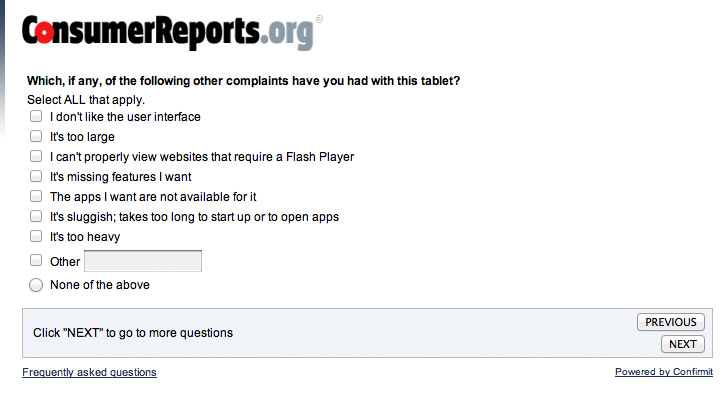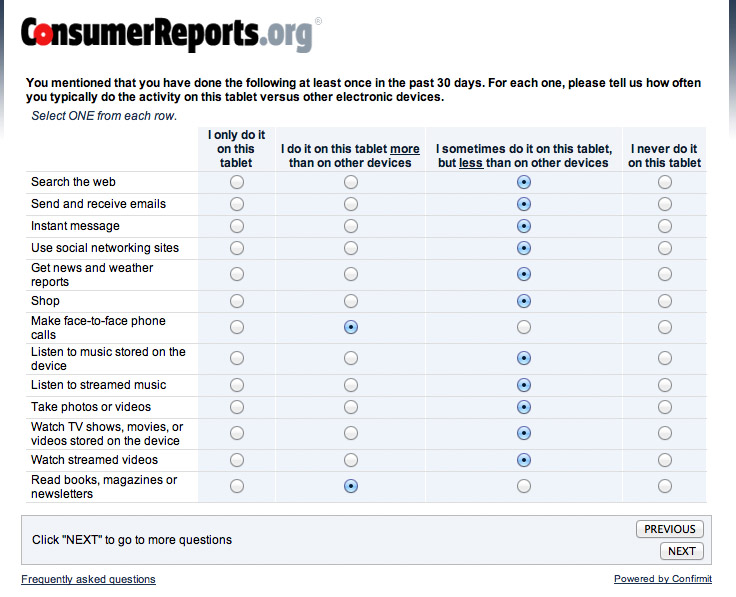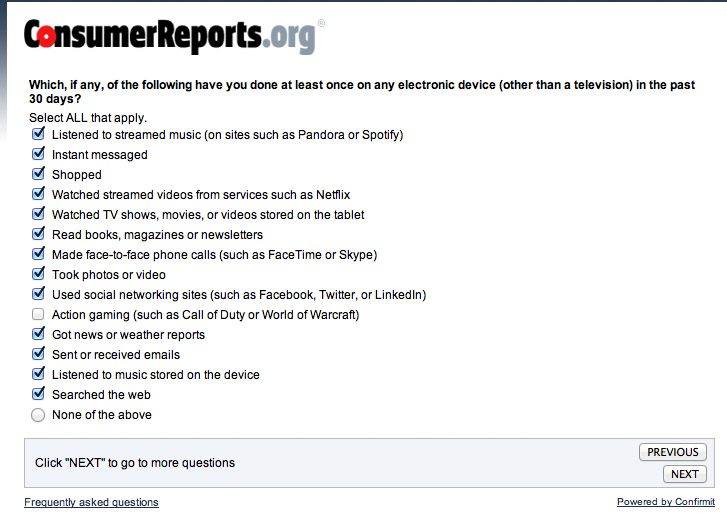There has been a marked revival of interest in the study of the distribution of top incomes using tax data. Beginning with the research by Piketty of the long-run distribution of top incomes in France (2001, 2003), a succession of studies has constructed top income share time series over the long-run for more than twenty countries to date. These projects have generated a large volume of data, which are intended as a research resource for further analysis.
The world top incomes database aims to providing convenient on line access to all the existent series. This is an ongoing endeavour, and we will progressively update the base with new observations, as authors extend the series forwards and backwards. Despite the database’s name, we will also add information on the distribution of earnings and the distribution of wealth. As the map below shows, around forty-five further countries are under study, and will be incorporated at some point (see Work in Progress).
Tsunami One Year On
Over the past twelve months, I have spent more than 150 days in Japan covering the initial earthquake and tsunami and the aftermath of the Fukushima nuclear disaster, which continues to haunt the country today.
I was back this time to cover the one year anniversary. During the past year, I have seen an unprecedented scale of devastation and destruction. I have also learnt so much about radiation and the vastly different opinions from experts on the dangers of low level radiation. I have filmed and spoken to so many people who have told me horrific accounts of what they went through. I have found these people very inspirational and, through our repeated visits, now consider many of them friends. They graciously gave up their time to speak to us and tell us their stories with real heart and soul. On numerous occasions when listening to their stories or seeing people break down it was hard not to shed a tear. More than ever, it became important for me to shoot stories in a way that truly reflected who the individuals are and what they have gone through.
When people open up to you and let you into their lives, it is the least I can do to strive to depict their stories to the best of my abilities. Great cameras certainly help, but I often found it more important to let the people forget that the camera was there. Giving people space and time makes them feel more relaxed and makes what you shoot look more natural. I sometimes leave a camera rolling and walk away or keep rolling on one shot for a few minutes just so the person forgets that I am there, begins to act spontaneously, or gets lost in their own thoughts. As a style, I prefer to set up my shots rather than follow people with a hand-held camera, but it is also important for me to film people doing what they would naturally do and capture spontaneity. When shooting set-up shots, I always make sure that the person is comfortable. Apart from set-up interviews I also prefer not to use external lighting if I can avoid it. I would like to make the story look exactly like it is in reality. Cameras like the F3 cope very well in various lighting conditions.
Don’t Click Us, We’ll Click You: How the Internet started searching us
When Whitney Houston died, social networking and info-sharing sites exploded with the news. So, were you refreshing CNN.com that very moment or instead receiving a Twitter alert accompanied by a link and an obligatory sad-faced emoticon from the Houston superfan in your online social circle? What happened to the pre-social Web days when we hunted down the news instead of the other way around? When did we stop searching the Internet and the Internet start searching us?
Maybe the more important issue is how the Internet is searching us. One way is through good old-fashioned math. But this brand of math is more than just that Intro to Calculus class we took in high school. This is the good shit that Netflix will (and did) pay a million dollars for – the kind of calculating that makes us log off Pandora because it’s getting a little too good at guessing what else would make our ears happy.
Prognosticating programs aside, by making ourselves easily predictable, we are in fact our own worst enemies. We put our likes and dislikes on display for everyone to see, and where advertisers and companies can hunt that info down to make sure we are getting what they think we want. More often than not, they’re right, but it can be unnerving.
The Ancient Art Of Fooling Voters
If a big brother is aiming for the highest electoral office in the land, a little brother may often like to be useful. A Robert Kennedy can be a help, a Roger Clinton a headache. Billy Carter brings beer, but Jeb Bush brings Florida. Two thousand years ago, Quintus Tullius Cicero gave his elder brother, Marcus, an unusually frank guide to winning votes—and, on the principle that democracy’s brutal essentials have changed little over the centuries, Princeton University Press has now brought out “How to Win an Election,” a new Latin-and-English edition of Quintus’s guide for the season of Mitt Romney and Rick Santorum.
In 64 B.C., the Cicero brothers were both political outsiders. Marcus would eventually become one of the most celebrated Romans of them all. But just as no Catholic had become president before John Kennedy, the Ciceros’ campaign had to surmount the obstacle that no one from their family had yet served as consul, one of the two men who, for a year, directed Rome’s superpower republic.
Forget Your Past
Over the years I’ve visited my fair share of abandoned buildings. They’ve always held a very strong attraction for me. Somehow, their silent decaying facades offer the perfect blank canvas for an introverted imagination like mine… literally allowing me to conjure up vivid images of the past in my present. Unfortunately, I fear that this may be the best opportunity I have to experience the reality of time travel in my life time, something that I’ve fantasised about incessantly since I was a small child.
It has to be said, that when I was younger there were a hell of a lot more interesting derelict buildings around. These days, in my country at least, it’s very unfashionable to let a significant building die gracefully. Aside from the money-making implications, we tend to feel that we are somehow disrespecting our heritage by allowing them to decay, and so, often we attempt to stop the march of time by tidying them up and imprisoning them behind a red rope, preserving them in a most awkward state of disrepair for future generations to line up and look at from a viewing platform. The ironic thing is that abandoned buildings feel alive to me. They are involved in a beautiful natural process that the act of preservation will, by its nature, halt and kill.
Consumer Reports “Tablet” Survey Screenshots
I received an email from consumerreports.org this morning regarding tablets, mattresses and teflon cookware. Perhaps someone might expand on the various connections within and between those subjects.
In any event, I found the survey content interesting (particularly the obligatory flash question, which in my view is irrelevant). Here are a few screenshots (tap to view larger versions):



In my experience, iPad is years ahead of its few competitors, largely due to software and design excellence along with a world beating supply chain.
Follow the tablet and smartphone wars via these smart guides: Horace Dediu (Helsinki), Brian Hall (next door in Middleton) and Frederic Filloux & Jean-Louis Gassee (Palo Alto and Paris).
P.S. I found it interesting, yet unsurprising, that no questions were asked regarding the creation of things or information. I, in fact, use my iPad to create and update presentations, charts, write and occasionally edit images/video. In a pinch, I’ve also taken a photo or two and captured video with the iPad.
Tokyo Timelapse
Details, here.
In a Flood Tide of Digital Data, an Ark Full of Books
RICHMOND, Calif. — In a wooden warehouse in this industrial suburb, the 20th century is being stored in case of digital disaster.
Forty-foot shipping containers stacked two by two are stuffed with the most enduring, as well as some of the most forgettable, books of the era. Every week, 20,000 new volumes arrive, many of them donations from libraries and universities thrilled to unload material that has no place in the Internet Age.
Destined for immortality one day last week were “American Indian Policy in the 20th Century,” “All New Crafts for Halloween,” “The Portable Faulkner,” “What to Do When Your Son or Daughter Divorces” and “Temptation’s Kiss,” a romance.
A Lawyer Who Is Also A Photographer Just Deleted All Her Pinterest Boards Out Of Fear
Kirsten turned to federal copyright laws and found a section on fair use. Copyrighted work can only be used without permission when someone is criticizing it, commenting on it, reporting on it, teaching about it, or conducting research. Repinning doesn’t fall under any of those categories.
The one glimmer of hope for Pinterest, Kirsten writes, is the outcome of Kelly v. Arriba Soft Corporation. In that case, a photographer sued a search engine. The search engine won because it used thumbnail images in its results, not the entire work.
Thumbnails aren’t always fair use, however. They’re only fair use if the necessary portion of the work is copied and nothing more. Pinterest, however, lifts the entire image from the original source which is not ok.
If that didn’t scare Kirsten enough, the all caps section of Pinterest’s Terms of Use did.
Pinterest writes:
“YOU ACKNOWLEDGE AND AGREE THAT, TO THE MAXIMUM EXTENT PERMITTED BY LAW, THE ENTIRE RISK ARISING OUT OF YOUR ACCESS TO AND USE OF THE SITE, APPLICATION, SERVICES AND SITE CONTENT REMAINS WITH YOU.”
What’s more, Pinterest places all blame and potential legal fees on its users. It writes:
“You agree to defend, indemnify, and hold Cold Brew Labs, its officers, directors, employees and agents, harmless from and against any claims, liabilities, damages, losses, and expenses, including, without limitation, reasonable legal and accounting fees, arising out of or in any way connected with (i) your access to or use of the Site, Application, Services or Site Content, (ii) your Member Content, or (iii) your violation of these Terms.”
What does “Open Journalism” Look Like?
So what does open journalism look like? A man dies at the heart of a protest: a reporter wants to discover the truth. A journalist is seeking to contact anyone who can explain how another victim died while being restrained on a plane. A newsroom has to digest 400,000 official documents released simultaneously.
The travel section is searching for a thousand people who know Berlin like the back of their hand. The environment team is seeking to expand the range, authority and depth of their coverage. The foreign desk wants to harness as many Arab voices as possible to help report and explain the spring revolutions.
The sports editor is wondering how best to cover every one of the 32 national football teams in the World Cup. The comment editors would like to broaden the spectrum of debate to include political thinkers scientists, theologians, lawyers … and numerous others in society and around the world whose voice is not always heard.
A city trader in New York realises he’s captured on film the moment the police struck a news seller in the middle of a crowd. A woman leaving a theatre is moved to write about her response to the play she’s just seen. A dozen scientific bloggers group together to reach a much larger audience. A nurse wants to share her perspective of the NHS changes.